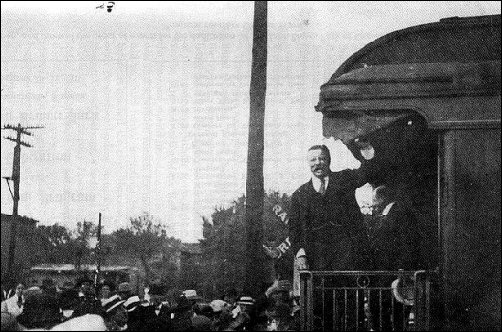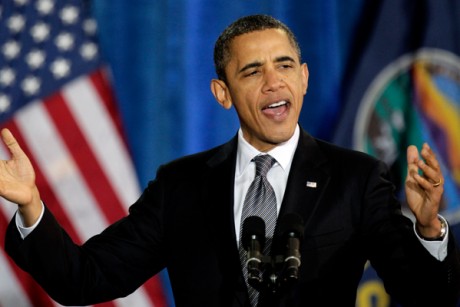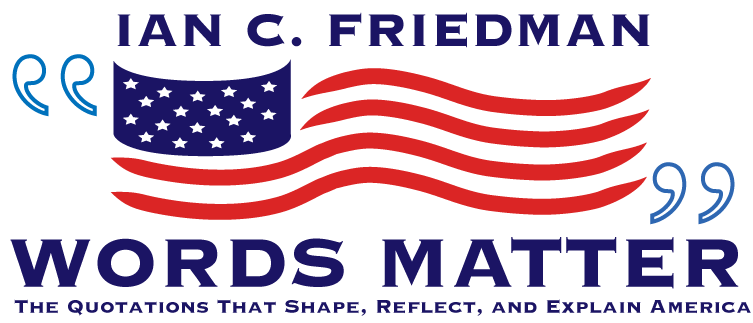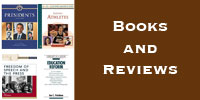“This is a make-or-break moment for the middle class…” – Barack Obama, December 6, 2011
 President Obama’s speech in Osawatomie, Kansas on Tuesday has received a great deal of attention. It was a clear and powerful call of support for the American middle class, a strong dose of almost-election-year style campaigning, and a clear of a way forward that was rich with historical themes, details, and insight.
President Obama’s speech in Osawatomie, Kansas on Tuesday has received a great deal of attention. It was a clear and powerful call of support for the American middle class, a strong dose of almost-election-year style campaigning, and a clear of a way forward that was rich with historical themes, details, and insight.
The historical nature of Obama’s address has been frequently and prominently mentioned in reports. He was speaking in Osawatomie, Kansas–a small town in eastern Kansas, about 50 miles from the Missouri border–where Theodore Roosevelt had delivered a famous speech 101 years earlier. Roosevelt, then a former President who would soon run a third-party campaign for the presidency in 1912, had come to Kansas as part of his tour supporting reform-minded Republican candidates. Journalist Ron Brownstein describes this and related speeches by Roosevelt at that time as, “[insisting] that the federal government do more to check the power of concentrated wealth…[They] were infused with his fear of a society fractured by widening class divisions—and a political system that did more to deepen than to bridge them. He worried that rising class conflict could combust into revolution, and he argued that vigorous national reform was the best way to douse the embers.”
 Obama’s address Tuesday aligns closely in philosophy and sensibility with Roosevelt’s and of course, the president’s selection of Osawatomie was no coincidence. But the more meaningful connection to history in Obama’s speech is found when reflecting on what historians call “habits of mind.” These are ways of thinking and knowing that allow history to be understood and, perhaps, effectively applied. An examination of President Obama’s speech on Tuesday–as well as his consistent efforts to explore, learn, and utilize history in his personal and professional life–demonstrate that he is a leader who respects the importance and potentially beneficial aspects of understanding history.
Obama’s address Tuesday aligns closely in philosophy and sensibility with Roosevelt’s and of course, the president’s selection of Osawatomie was no coincidence. But the more meaningful connection to history in Obama’s speech is found when reflecting on what historians call “habits of mind.” These are ways of thinking and knowing that allow history to be understood and, perhaps, effectively applied. An examination of President Obama’s speech on Tuesday–as well as his consistent efforts to explore, learn, and utilize history in his personal and professional life–demonstrate that he is a leader who respects the importance and potentially beneficial aspects of understanding history.
The National Council for History Education lists 13 habits of mind for historians and students of history. Among them are the following five, which were in evidence throughout President Obama’s Osawatomie speech:
* Understand the significance of the past to their own lives, both private and public, and to their society:
My grandparents served during World War II. He was a soldier in Patton’s army; she was a worker on a bomber assembly line. And together, they shared the optimism of a nation that triumphed over the Great Depression and over fascism. They believed in an America where hard work paid off, and responsibility was rewarded, and anyone could make it if they tried – no matter who you were, no matter where you came from, no matter how you started out.
* Perceive past events and issues as they were experienced by people at the time, to develop historical empathy as opposed to present-mindedness:
And these values gave rise to the largest middle class and the strongest economy that the world has ever known. It was here in America that the most productive workers, the most innovative companies turned out the best products on Earth. And you know what? Every American shared in that pride and in that success – from those in the executive suites to those in middle management to those on the factory floor. So you could have some confidence that if you gave it your all, you’d take enough home to raise your family and send your kids to school and have your health care covered, put a little away for retirement.
* Understand how things happen and how things change, how human intentions matter, but also how their consequences are shaped by the means of carrying them out, in a tangle of purpose and process:
But in 2008, the house of cards collapsed. We all know the story by now: mortgages sold to people who couldn’t afford them, or even sometimes understand them. Banks and investors allowed to keep packaging the risk and selling it off. Huge bets – and huge bonuses – made with other people’s money on the line. Regulators who were supposed to warn us about the dangers of all this, but looked the other way or didn’t have the authority to look at all.It was wrong. It combined the breathtaking greed of a few with irresponsibility all across the system. And it plunged our economy and the world into a crisis from which we’re still fighting to recover. It claimed the jobs and the homes and the basic security of millions of people – innocent, hardworking Americans who had met their responsibilities but were still left holding the bag.
* Distinguish between the important and the inconsequential, to develop the “discriminating memory” needed for a discerning judgment in public and personal life:
But, Osawatomie, this is not just another political debate. This is the defining issue of our time. This is a make-or-break moment for the middle class, and for all those who are fighting to get into the middle class. Because what’s at stake is whether this will be a country where working people can earn enough to raise a family, build a modest savings, own a home, secure their retirement. Now, in the midst of this debate, there are some who seem to be suffering from a kind of collective amnesia. After all that’s happened, after the worst economic crisis, the worst financial crisis since the Great Depression, they want to return to the same practices that got us into this mess. In fact, they want to go back to the same policies that stacked the deck against middle-class Americans for way too many years. And their philosophy is simple: We are better off when everybody is left to fend for themselves and play by their own rules.
I am here to say they are wrong. I’m here in Kansas to reaffirm my deep conviction that we’re greater together than we are on our own. I believe that this country succeeds when everyone gets a fair shot, when everyone does their fair share, when everyone plays by the same rules. These aren’t Democratic values or Republican values. These aren’t 1% values or 99% values. They’re American values. And we have to reclaim them.
* Acquire at one and the same time a comprehension of diverse cultures and of shared humanity:
“We are all Americans,” Teddy Roosevelt told them that day. “Our common interests are as broad as the continent.” In the final years of his life, Roosevelt took that same message all across this country, from tiny Osawatomie to the heart of New York City, believing that no matter where he went, no matter who he was talking to, everybody would benefit from a country in which everyone gets a fair chance.
And well into our third century as a nation, we have grown and we’ve changed in many ways since Roosevelt’s time. The world is faster and the playing field is larger and the challenges are more complex. But what hasn’t changed – what can never change – are the values that got us this far. We still have a stake in each other’s success. We still believe that this should be a place where you can make it if you try. And we still believe, in the words of the man who called for a New Nationalism all those years ago, “The fundamental rule of our national life,” he said, “the rule which underlies all others – is that, on the whole, and in the long run, we shall go up or down together.” And I believe America is on the way up.
(Photos: Roosevelt from The Kansas Collection; Obama from Salon)




